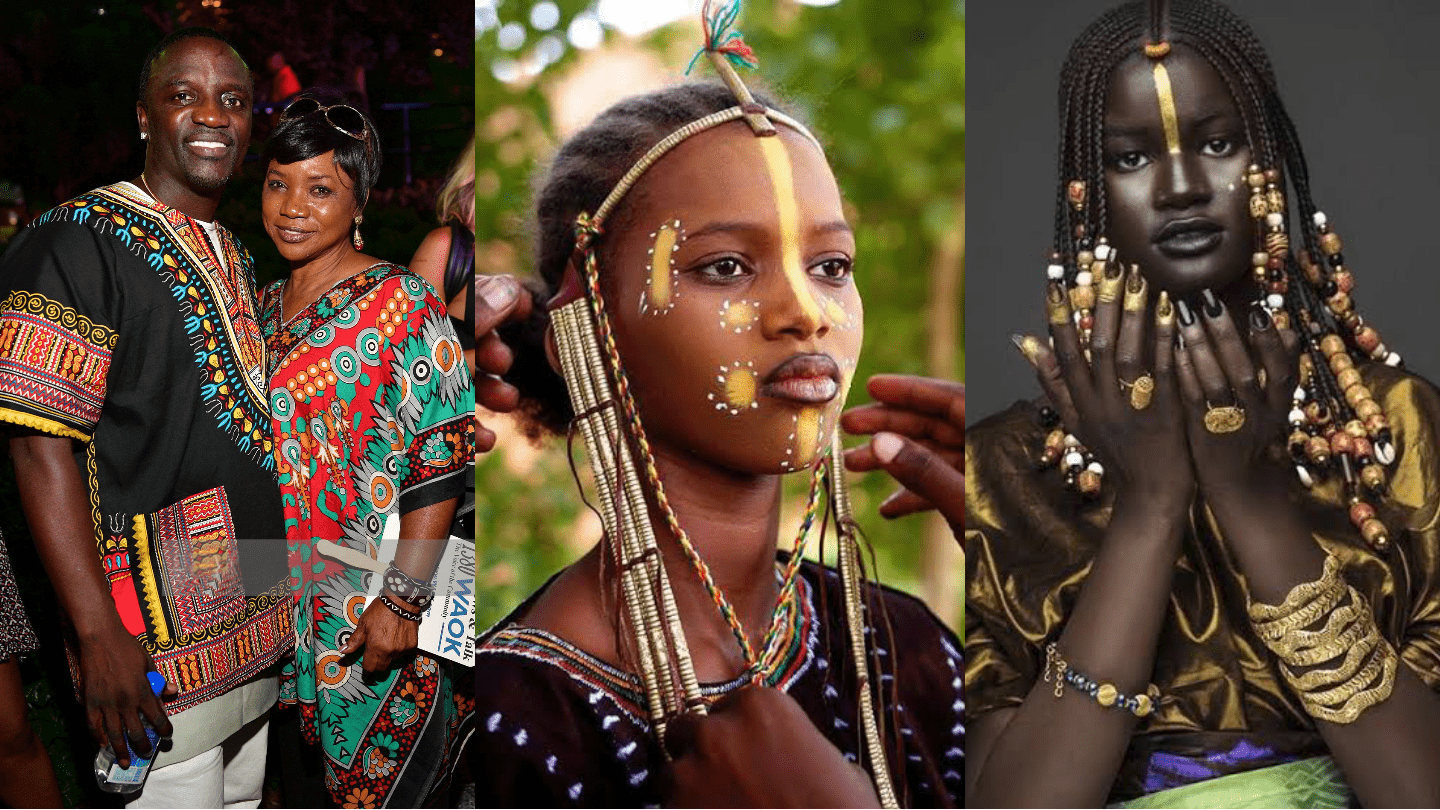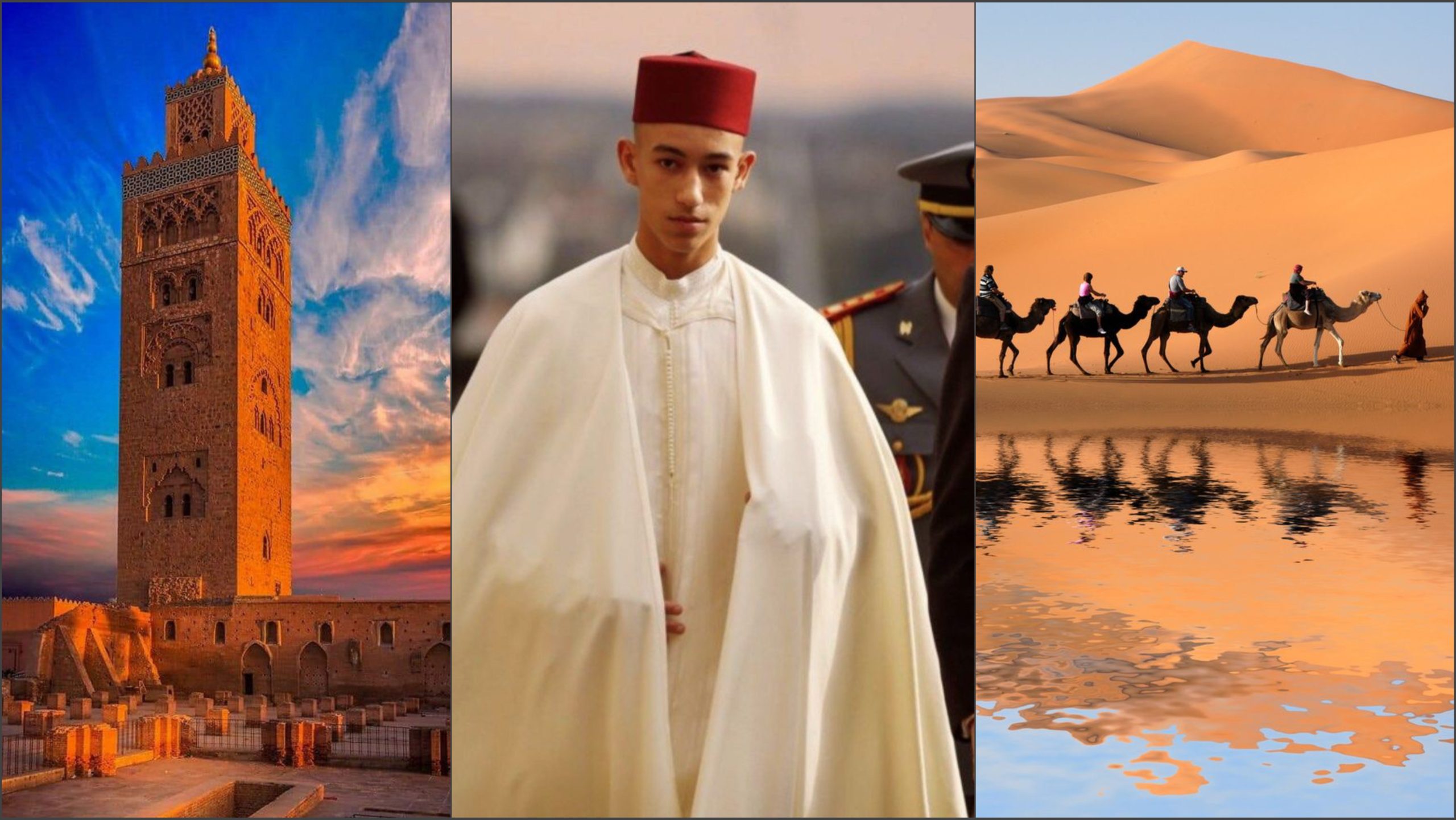The Wolof people have a long and glorious history. The Wolof people were first recorded in the 15th century. The Wolof, on the other hand, had long lived along West Africa’s coasts, having moved west after the Ghana Empire collapsed four centuries before.
The Wolof people are a West African ethnic group located in northwestern Senegal, Gambia and the southwestern coast of Mauritania. In Senegal, Wolof is the largest ethnic group (~43.3 per cent), while elsewhere it is a minority. They refer to themselves as Wolof and speak the Wolof language in the western Atlantic branch of the Niger-Congo language family.
Initially, they conquered tribes and formed a vast kingdom of self-governing nations, which by the time the Portuguese dropped anchor had split into the four chiefdoms of Walo, Baol, Cayor, Sine, and Saloum.
The Wolof, despite their lack of resources, established friendly trade ties with European settlers over three centuries, becoming a major exporter of slaves and peanuts.
Following the abolition of slavery in the 19th century, their stock declined, and the Wolof kingdoms were destroyed in a war with the French. However, rapid population growth and urbanization in the aftermath of Senegal’s independence in 1960 resulted in the country’s re-Wolofization.
The homeland of the Wolof
The Wolof ethnic group, estimated to number six million people, is the most populous in the ‘Savannah region’ between Mauritania and Gambia, with 90 percent of them residing in northwestern Senegal.
Wolof are mostly a rural people, with three-quarters of the population still living in small villages of 50-150 people headed by a village leader or Marabout. Close-knit families live in reed and mud compounds, while the surrounding land – cultivated for cotton, manioc, and, of course, peanuts – helps the local economy.
Villagers on the coast trade furrows for waves, taking advantage of the 500 km (310 miles) of coastline, while the Wolof have taken over all major cities from Banjul, the Gambian capital, to Saint-Louis, on the Senegalese-Mauritanian frontier. A presence that has rewarded them with disproportionate political influence, enabling the Wolof to establish a stronger foothold in everyday life.
The Wolof way of life
The Wolof have long had a highly stratified system of nobility, castes, and slaves, with three distinct classes of people: freemen, descendants of slaves, and artisans. Intermarriage was rare, but there has been a softening of class distinctions in recent years, with Senegal’s second president, Abdou Diouf, hailing from a blacksmith caste, for example.
The Marabout – the Muslim religious instructor – sits at the top of the Wolof tree. The Wolof have not always been Islamic, but in the nineteenth century, in response to a combination of French violence, slavery, and the dwindling influence of Wolof chiefs, Islam swept through the Wolof, cementing the role of the Marabout at its heart. Almost all Wolof now belong to one of Senegal’s four Sufi Muslim brotherhoods.
Wolof people are tall, dark, and attractive, and they dress in bright colors and patterns, with the traditional boubou being the preferred garment for both men and women. On a daily basis, different variations are worn, with the whole shebang being worn on special occasions; the most important for the Wolof is the Tabaski feast (the Muslim Feast of Sacrifice).
Wolof refers not only to the people, but also to the language they speak, which has become Senegal’s de facto language. Wolof is the lingua franca, with 40% of the population speaking it natively and another 40% speaking it as a second language. Senegal is best defined by the Wolof word “teranga,” which means “hospitality.” Senegal is known for its teranga, or hospitality, which it extends to visitors and neighbors alike.
Wolof customs have spread across Senegal, but teranga is the beating heart, and the national football team is named after it: the Lions of Teranga. Teranga is a tradition that the Wolof – and all of Senegal – are rightly proud of, from welcoming a stranger into one’s home to sharing a glass of attaya on the street.
Notable Wolof people include;
Akon
Gorgui Dieng
Baye Fall (Battling Siki)
Fatou Khan
Djibril Diop Mambéty (film director)
Anta Majigeen Ndiaye Kingsley
Youssou Ndour
Abdoulaye Wade
Cherif Ndiaye
 The African History Truly African
The African History Truly African

